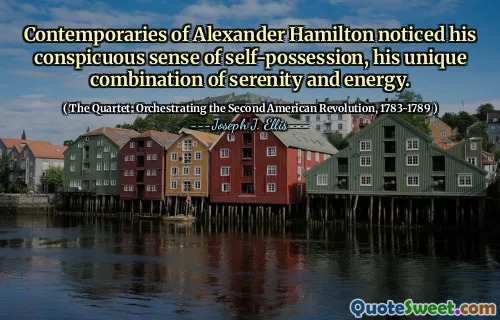
There is a new model of leadership in the world that rides on the premise that every single person in the organisation can be a leader. Titles are important for structure and order, but real power does not come from titles.
The evolving concept of leadership emphasizes the decentralization of power and the recognition that leadership is not confined to those with formal titles or positions. In traditional hierarchies, authority is often associated with a title, which signifies a specific rank within the organizational structure. However, this quote suggests a paradigm shift toward a more inclusive view, where each individual has the potential to lead regardless of their formal role. Such a perspective fosters a culture of proactive engagement, innovation, and responsibility, empowering employees to take initiative and influence change from wherever they are. It encourages organizations to cultivate qualities like trust, autonomy, and collaborative decision-making, thereby creating a more dynamic and resilient environment. When leadership is viewed as a collective endeavor rather than a top-down mandate, it can lead to increased motivation, creativity, and ownership among team members. This approach aligns with contemporary leadership theories like servant leadership, transformational leadership, and distributed leadership, which highlight the importance of shared influence and the development of everyone’s leadership capabilities. Ultimately, recognizing that real power resides in individuals' motivation, initiative, and willingness to contribute can dramatically transform organizational culture, leading to more adaptable and innovative organizations that can thrive in complex, fast-changing environments.











